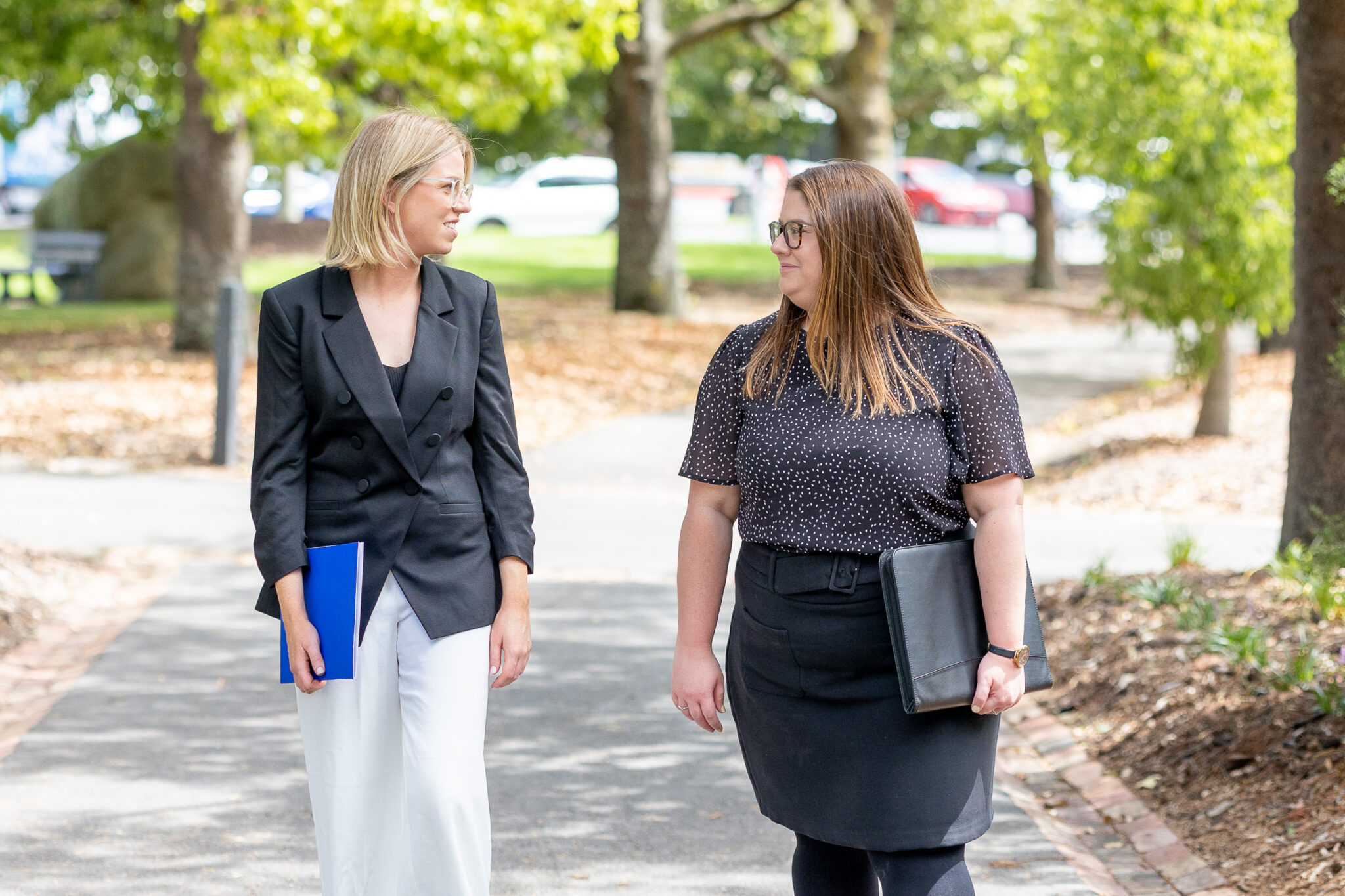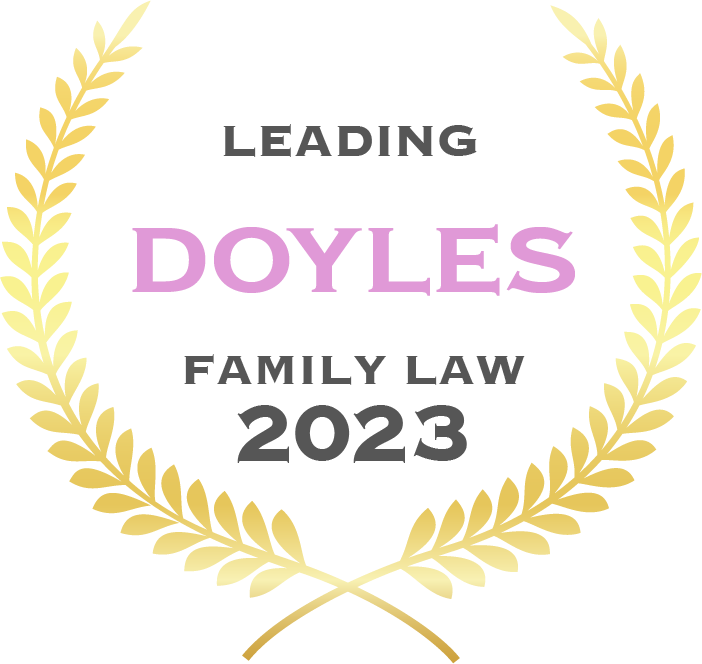What happens if I can’t reach agreement with my former partner?
At Coulter Legal, resolving your matter by agreement with your former partner is usually recommended as the preferred option, as opposed to litigation.
However, if you cannot reach agreement with your former partner and all alternative dispute resolution methods such as negotiation, mediation and/or arbitration have been exhausted, issuing an application to the Federal Circuit and Family Court of Australia (the Court) may be the next necessary step, otherwise known as “litigation”.
To learn more about alternative disputes resolution methods, click here.
It may also be necessary to issue an application to the Court if an urgent issue arises in your matter, your former partner fails to respond to attempts to resolve your matter by agreement, or if alternative dispute resolution is not appropriate in your matter due to allegations of family violence for example.
However, generally speaking, issuing an application to the Court should be seen as a “last resort” to resolve the dispute.
What happens when I make an application to the Court?
Coulter Legal will prepare your matter for the Court, including drafting the necessary court documents. Coulter Legal will also assist you in responding to a Court application that has already been issued by your former partner.
There is one single point of entry into the Court, however, there are two separate divisions of the Court, which will deal with the following:
- Division 1 deals only with family and relationship law matters (including appeals) and is usually reserved for the more complex of matters, such as those involving multiple parties or international disputes; and
- Division 2 deals with all other family and relationship law matters and general federal law matters.
There are also various “lists” within the Divisions dedicated specifically to property settlement matters and matters concerning contravention of orders for example, which are intended to be dealt with as swiftly as possible.
Upon making an application to the Court, the Court will determine which Division or “list” your matter falls into.
The Court has a strong focus on compliance with pre-action procedures, before a Court application is issued, to demonstrate that a genuine attempt has been made to reach a settlement before proceeding to the Court.
The Court also has an overarching focus on facilitating the just resolution of disputes according to law as quickly, inexpensively and efficiently as possible, including by way of early intervention, such as through further mediation attempts, where it is appropriate and safe to do so.
What happens once I am in Court?
In the event that a Court application is required, the following diagram sets out the pathway towards resolution, ideally within a 12-month period, however, some Court cases can take anywhere from 18 months to 2+ years:

As explained in the diagram, once you have issued a Court application, your case will be listed for a First Court Event, or what may be referred to as a “Directions Hearing”, which is usually heard by a Judicial Registrar. On that day, a lawyer from Coulter Legal or a barrister will appear on your behalf, and you will not need to say anything in court. The Judicial Registrar will likely make procedural orders (such as for financial disclosure, valuations and/or a Child Impact Report) and for your matter to progress to an Interim Hearing before a Senior Judicial Registrar or a Judge, or a mediation or other alternative dispute resolution method, in a further attempt to resolve the dispute.
If your matter resolves before or at the mediation or Interim Defended Hearing, final orders will be made and that will be the end of your case.
If your matter does not resolve before or at the mediation or Interim Defended Hearing, it will progress to either further Interim Hearing or to a Compliance and Readiness Hearing, before ultimately progressing to a Trial Management Hearing and then to a Trial. Again, a lawyer from Coulter Legal or a barrister will appear on your behalf at these events.
The Trial is the last hearing of your case before a Judge, and it is where each party will give evidence and be crossed-examined. A barrister will appear on your behalf at the Trial, and this is also the first and usually only opportunity that you will have to answer questions in the witness box and speak to the Judge. After the Trial, the Judge will make a decision about your case and make final orders.
It is important to note, however, that most cases will settle before proceeding all the way to a Trial before a Judge and Coulter Legal will make every effort to help you resolve your case prior to Trial, if possible.

